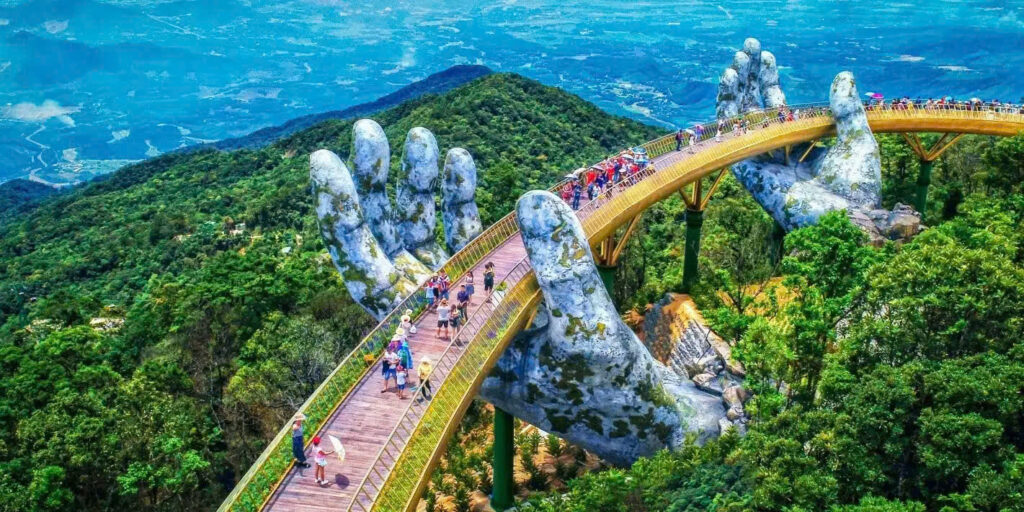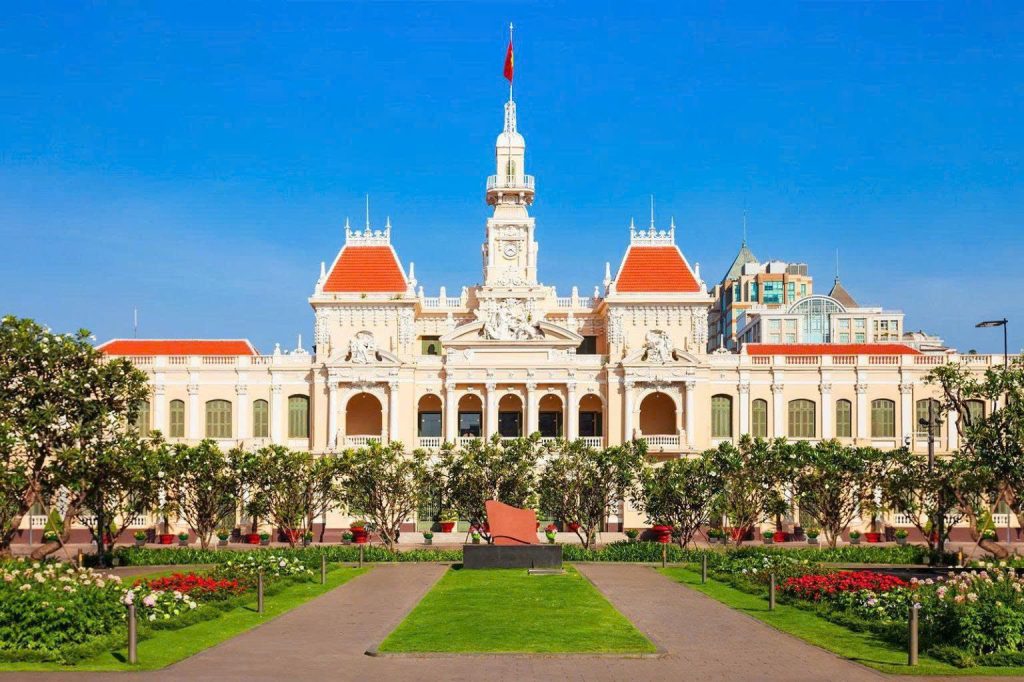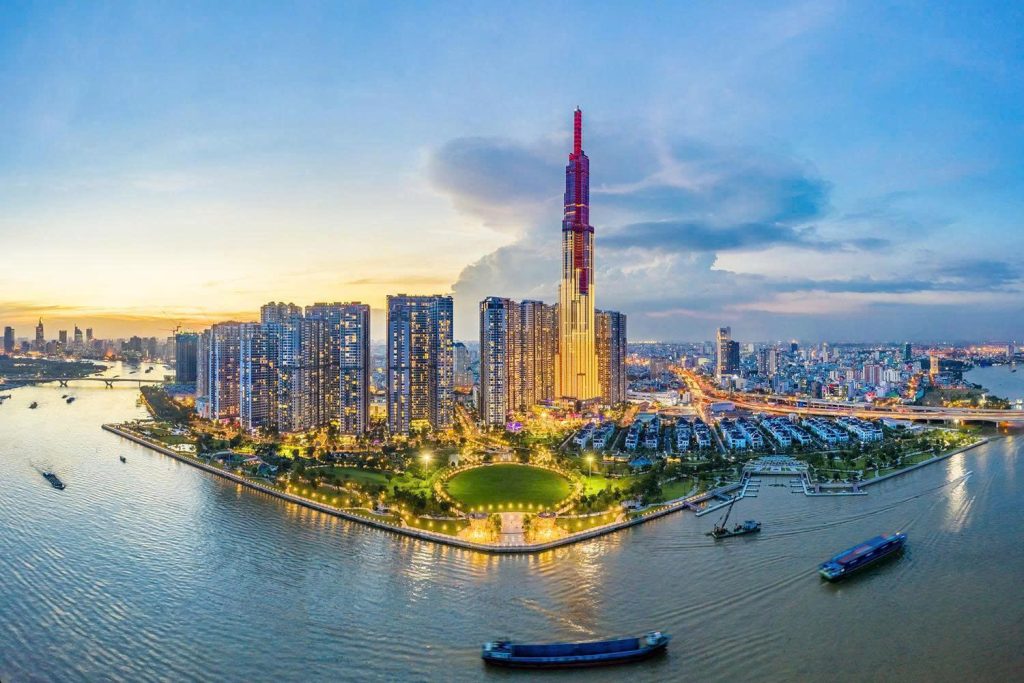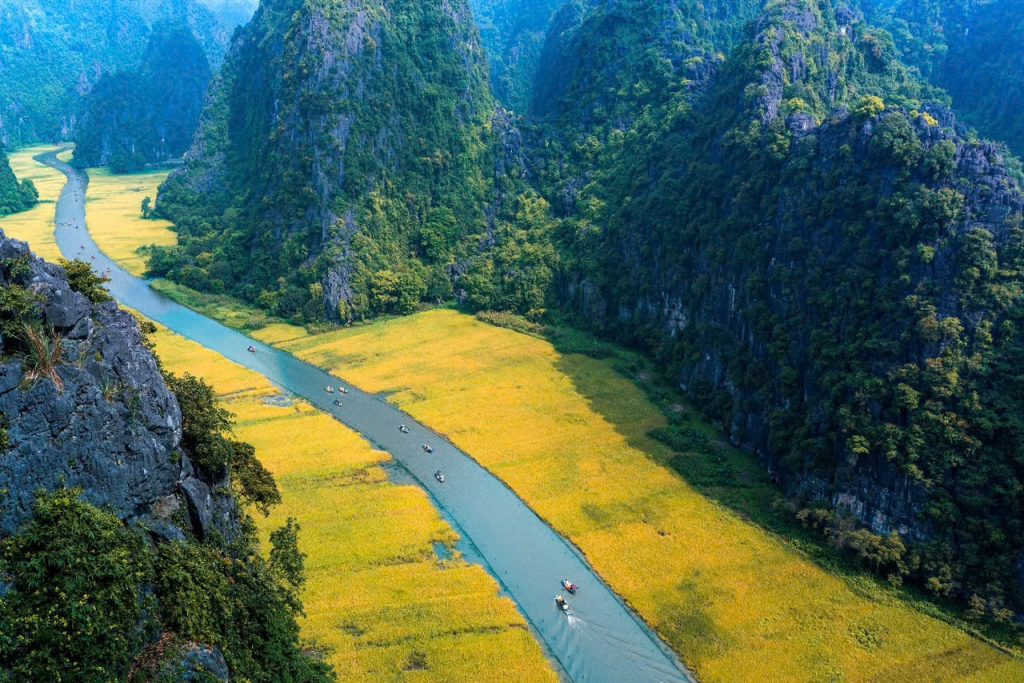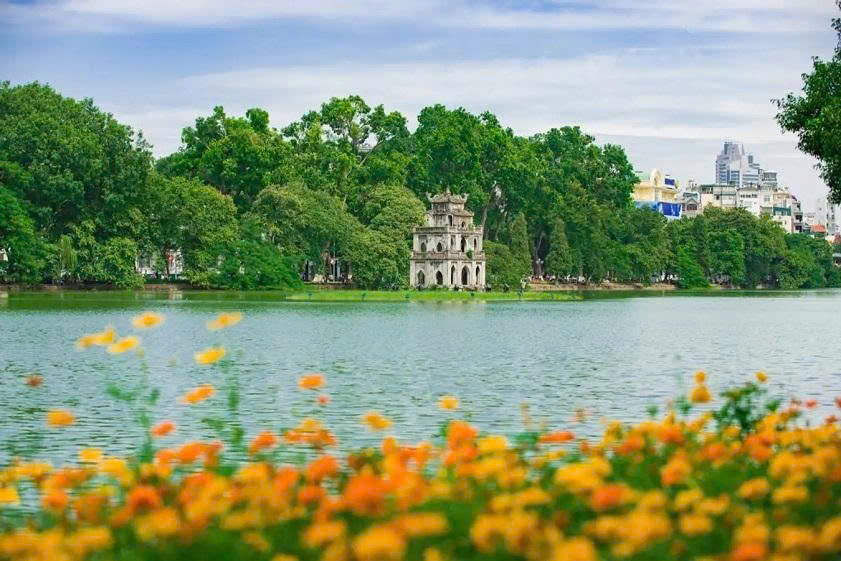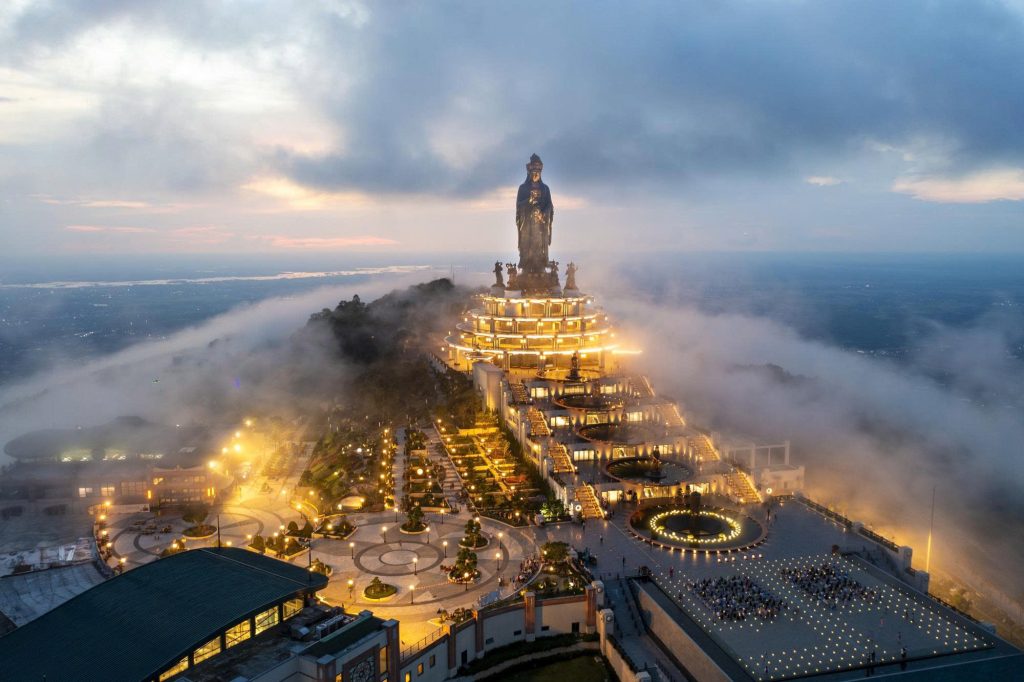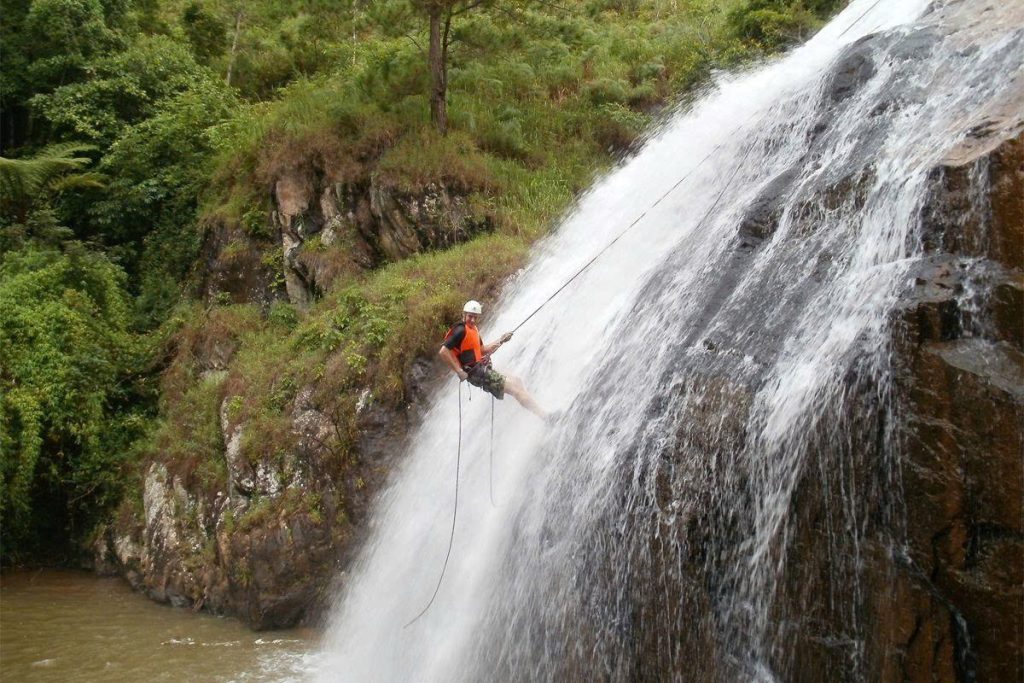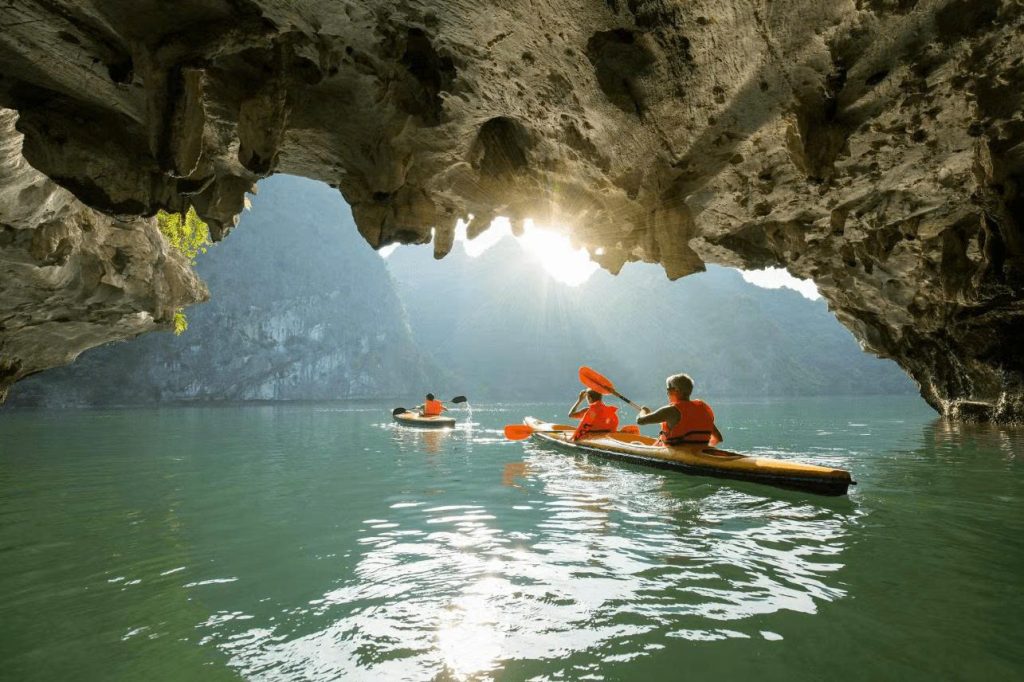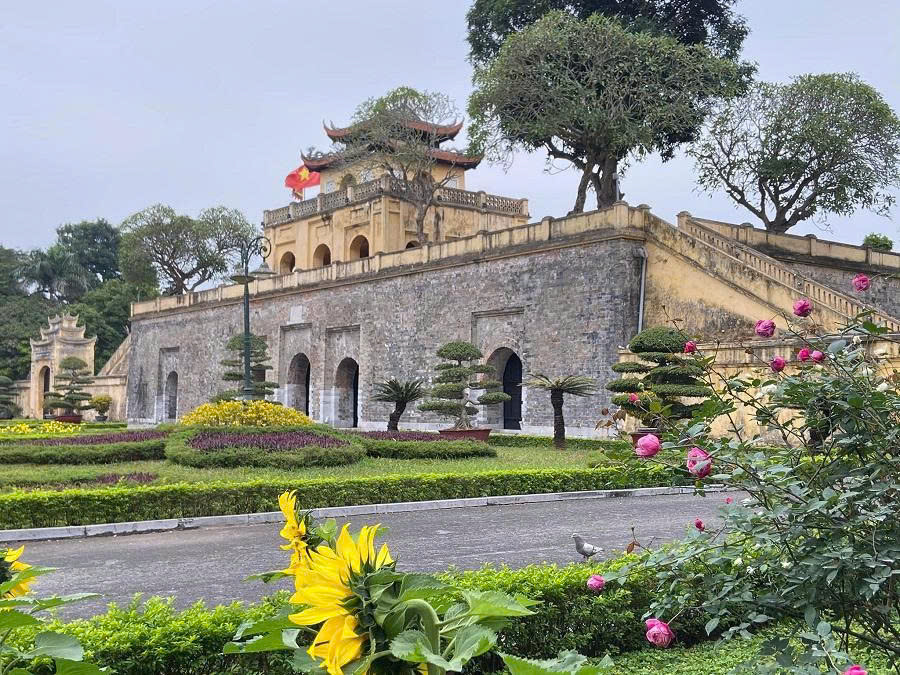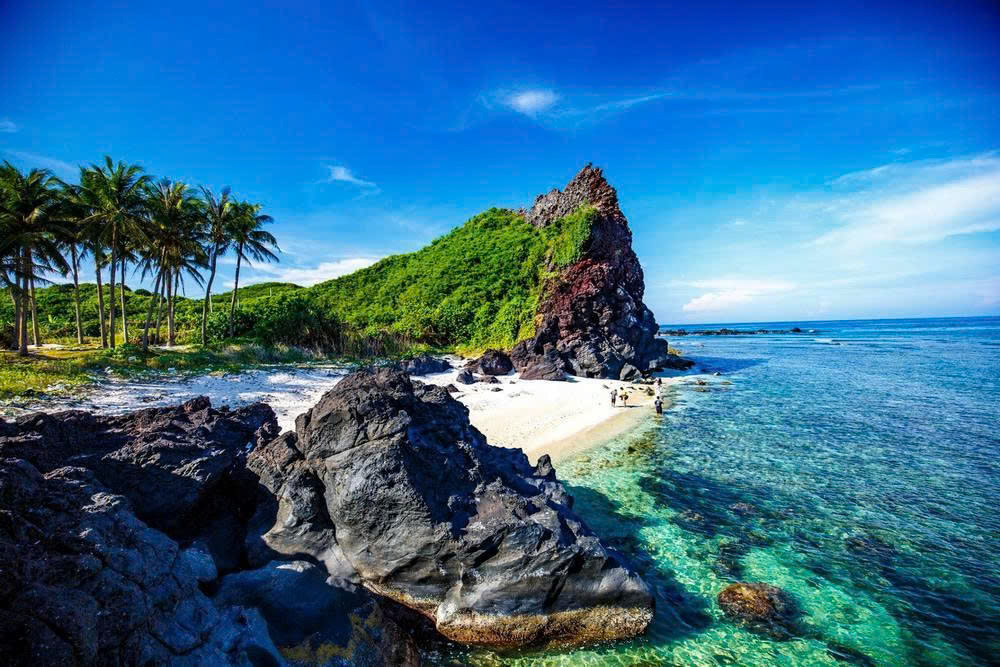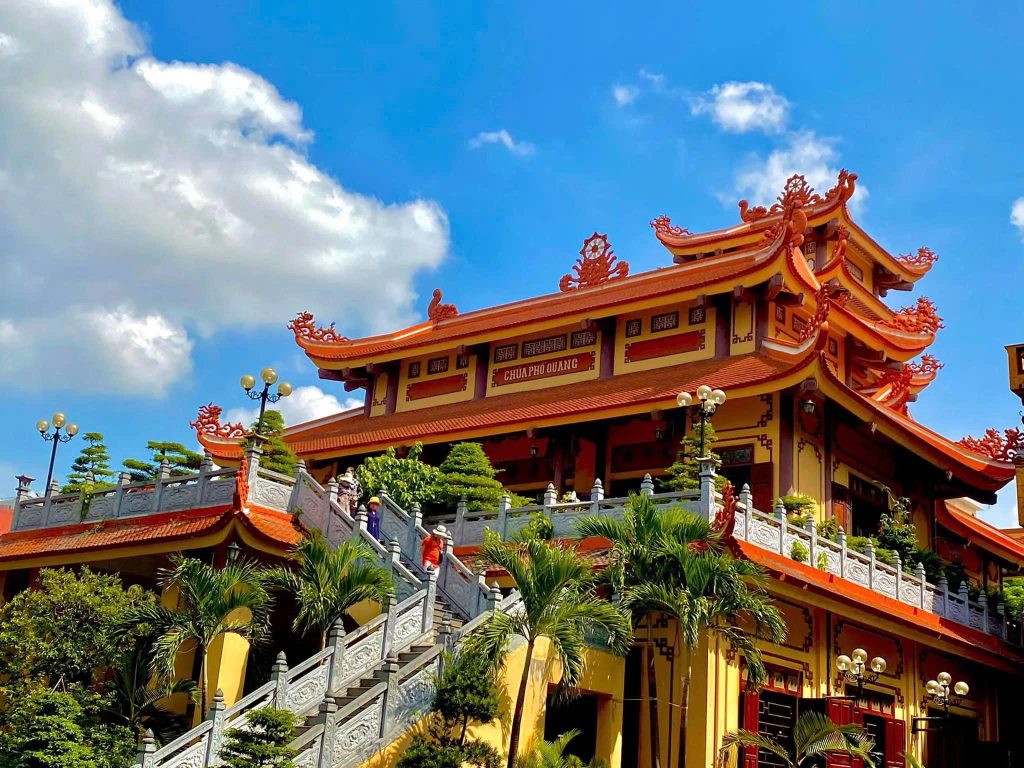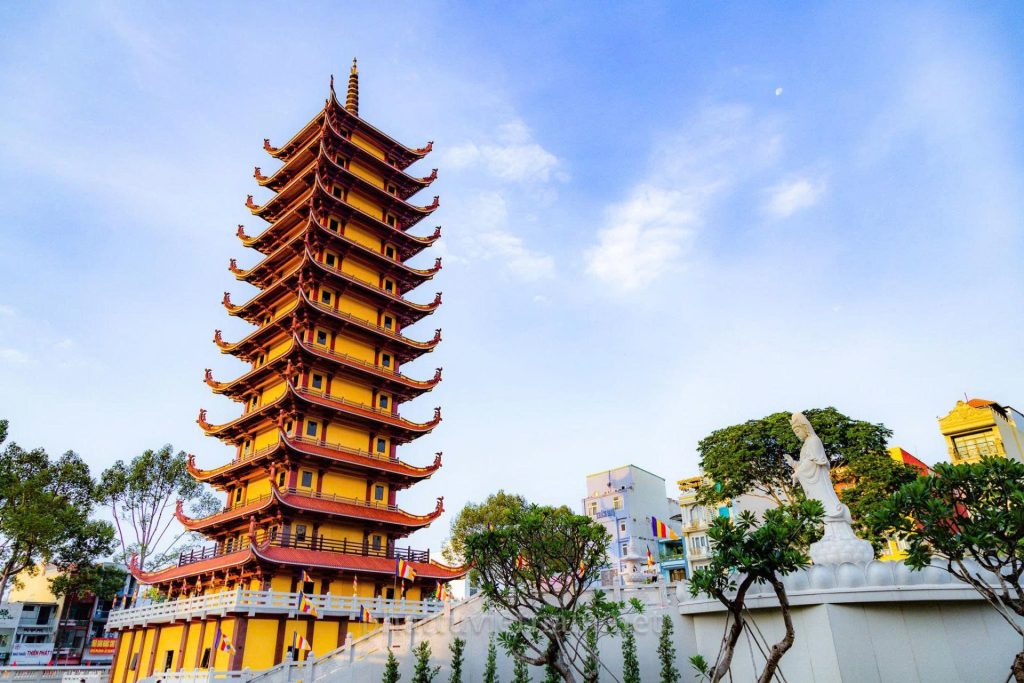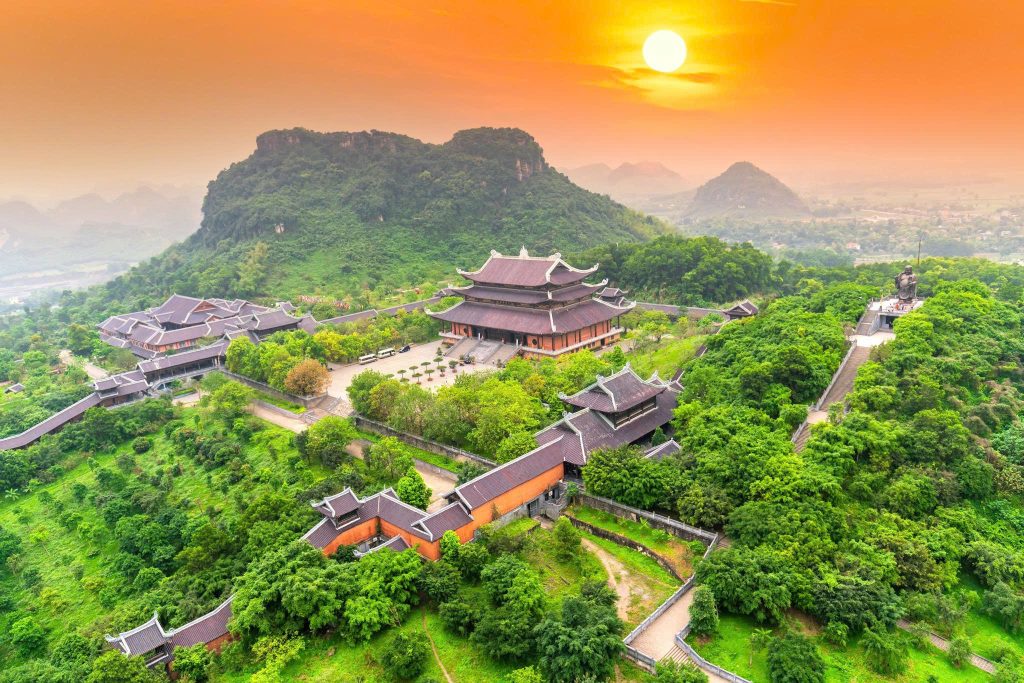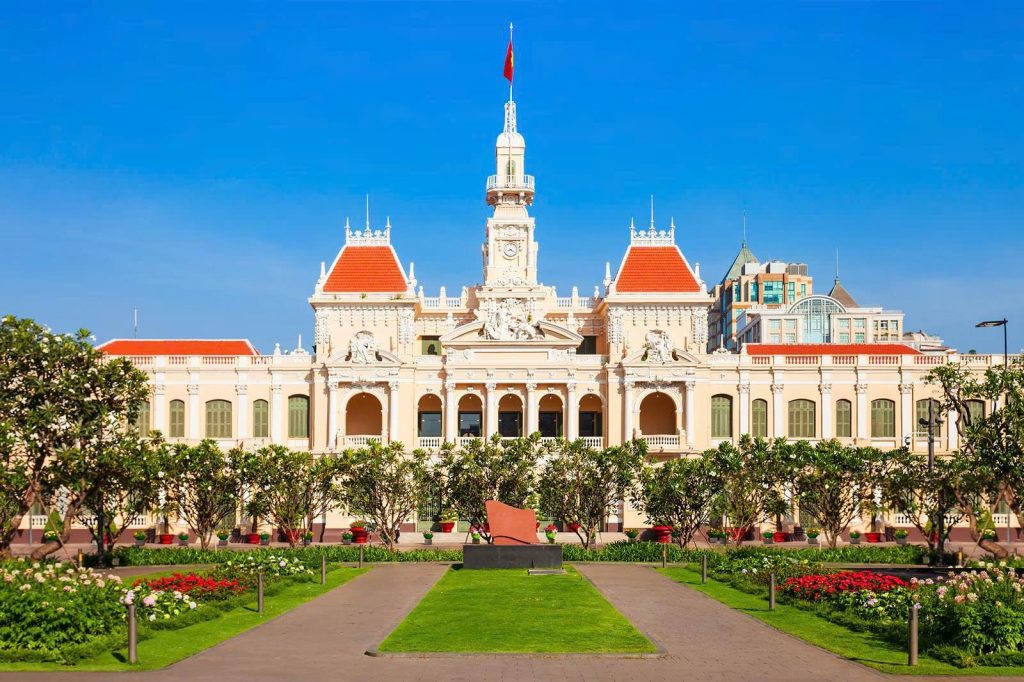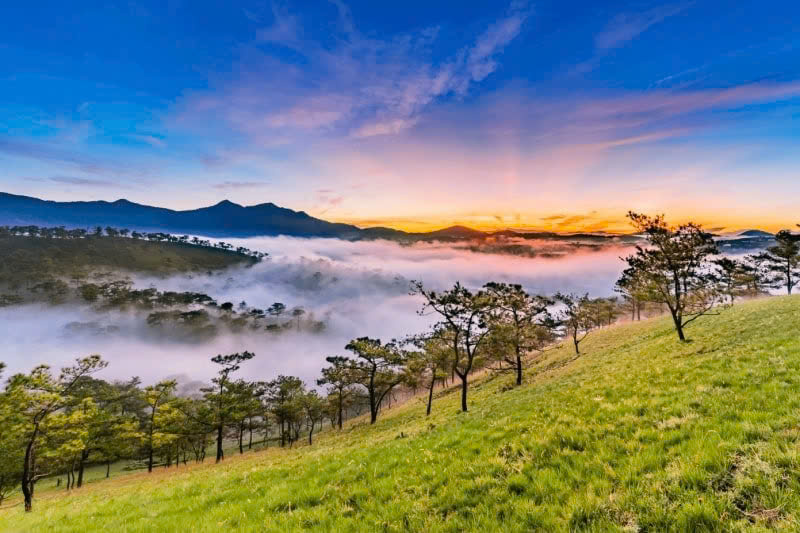Are you dreaming of an adventure that not only captivates your spirit but also leaves a positive footprint on the world? Vietnam’s Central Highlands, a region of majestic mountains, verdant forests, and rich cultural tapestries, offers the perfect canvas for such an experience. Choosing sustainable eco tours in Vietnam’s Central Highlands means immersing yourself in breathtaking natural beauty while actively contributing to its preservation and empowering the local communities who call it home.
We believe travel should be a force for good. This comprehensive guide will help you understand what makes an eco-tour truly sustainable in this unique region and how to embark on a journey that matters.
Why Choose Sustainable Eco Tours in the Central Highlands?
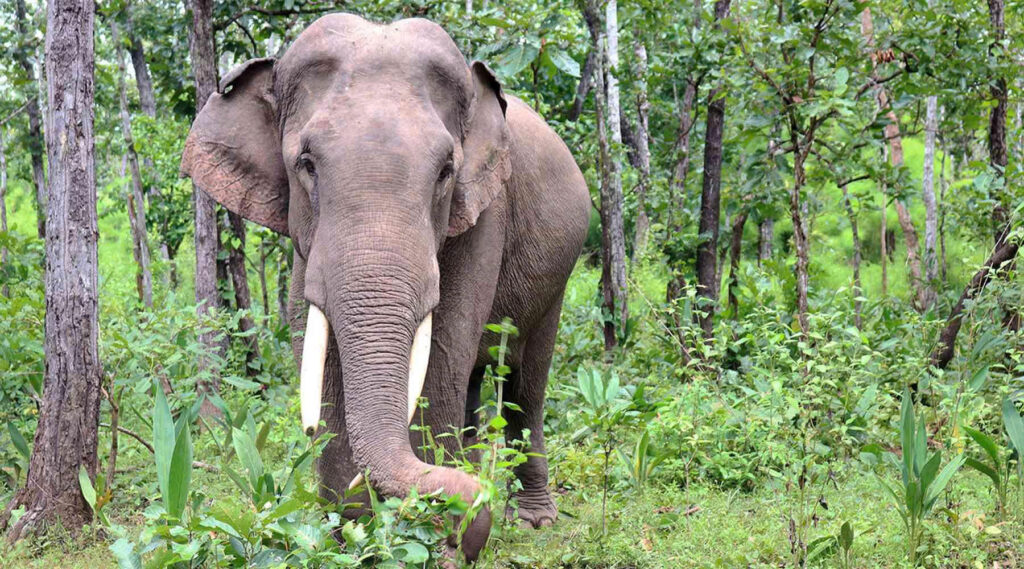
The Central Highlands is a treasure trove of biodiversity and vibrant ethnic cultures. Opting for sustainable eco tours here isn’t just a trend; it’s a commitment to mindful exploration.
Preserving Unique Biodiversity: The Central Highlands is a critical ecological zone, home to diverse ecosystems, from dense forests to stunning waterfalls. For endangered species to survive, areas including Yok Don National Park and Bidoup Nui Ba National Park are absolutely essential. Sustainable tours meticulously manage their impact, ensuring that your presence helps protect, rather than harm, these invaluable natural assets.
- Flora and Fauna Highlights: Discover unique plant species and potentially spot rare wildlife like gibbons, langurs, and an array of vibrant bird species. Your responsible visit supports the conservation efforts of these fragile habitats.
- Role of Eco-Tours in Conservation: Ethical operators often partner with local conservation initiatives, contributing directly to wildlife protection and habitat restoration projects through a portion of their tour fees or by engaging travelers in conservation activities.
Empowering Local Communities The region is home to numerous ethnic minority groups, including the Ede, Bahnar, J’rai, and K’ho people, each with distinct traditions and ways of life. Sustainable tourism directly benefits these communities by:
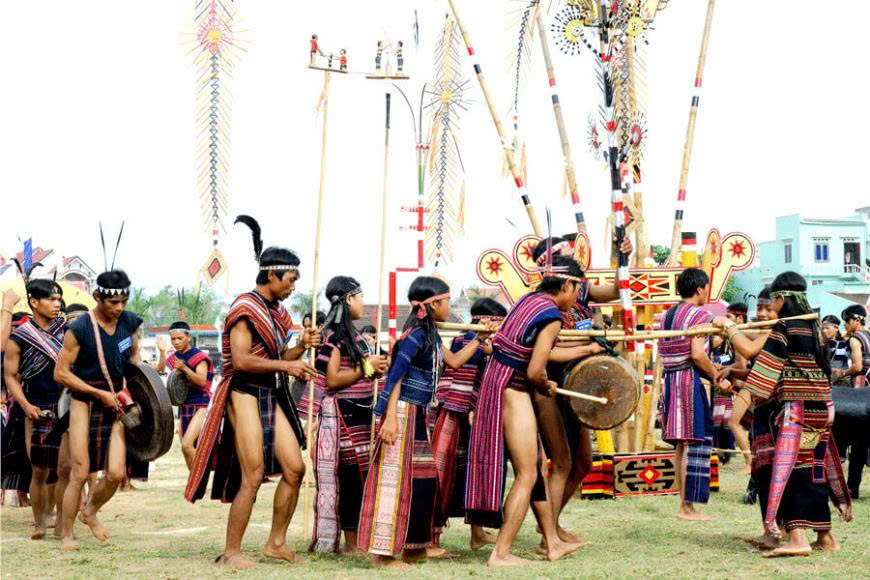
- Fair Trade and Economic Benefits: Ensuring that a significant portion of your tour fee goes directly to local families and service providers (guides, homestay hosts, artisans), fostering sustainable livelihoods.
- Cultural Exchange and Understanding: Facilitating genuine interactions with local people, promoting mutual respect and appreciation for their unique cultures and knowledge. You learn from them, and they benefit from your visit.
Unforgettable and Authentic Experiences Beyond the surface-level attractions, sustainable eco tours offer profound and genuine connections.
- Beyond Mass Tourism: Deep Immersion: Escape the crowded tourist paths. These tours offer exclusive access to remote villages, pristine natural areas, and authentic cultural practices not found in conventional itineraries.
- Personal Growth and Connection with Nature: Engaging with the environment responsibly and learning about indigenous cultures can be a transformative experience, fostering a deeper appreciation for nature and humanity.
Top Destinations for Sustainable Eco Tours in the Central Highlands
The Central Highlands encompasses several provinces, each offering distinct eco-tourism opportunities.
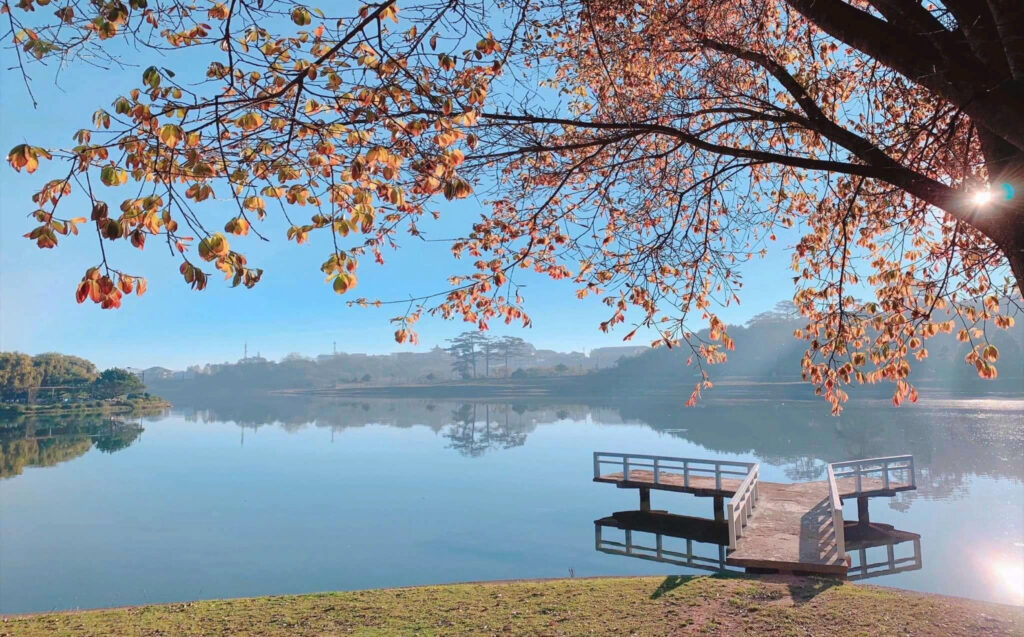
Da Lat: The City of Eternal Spring & Surrounding Nature While known for its romantic charm, Da Lat (Lam Dong Province) is also a gateway to stunning natural landscapes perfect for eco-adventures.
- Eco-Trekking to Datanla Waterfall (Sustainable Options): Explore less-trodden paths around Datanla, focusing on minimal impact. Some operators offer canyoning with strict safety and environmental protocols
- .Organic Farm Visits and Local Produce: Visit local farms practicing sustainable agriculture, learn about cultivation, and taste fresh, organic produce.
- Exploring Pine Forests and Lakes Responsibly: Engage in guided walks through picturesque pine forests around Tuyen Lam Lake, understanding the local ecology.
Kon Tum: Unveiling Ethnic Cultures and Pristine Nature Kon Tum Province offers a more rugged and authentic experience, rich in ethnic minority culture and untouched natural beauty.
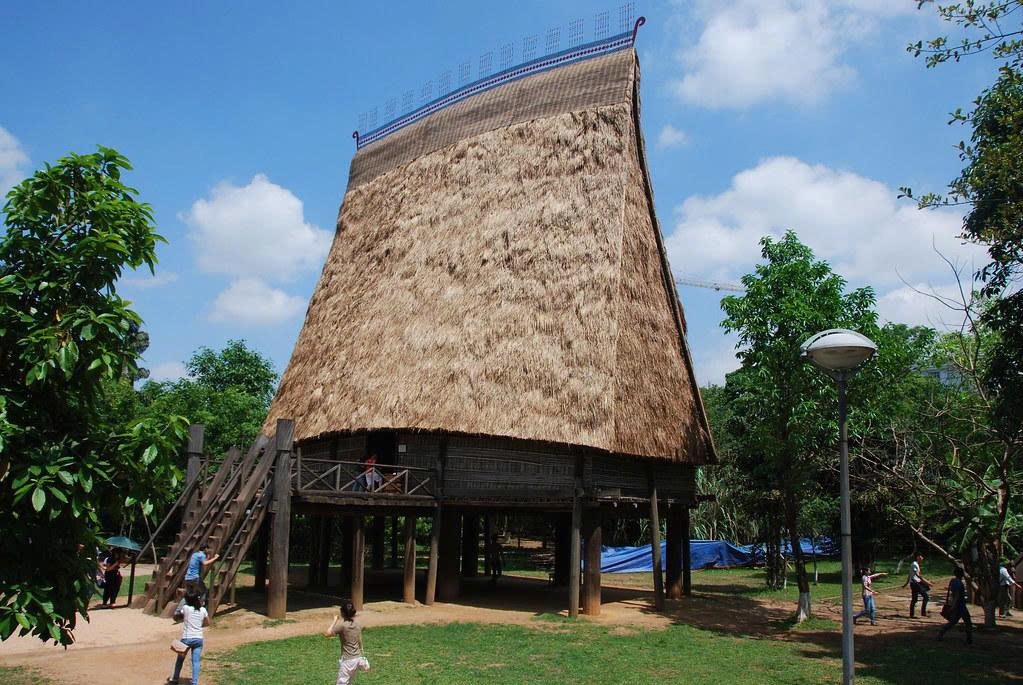
-
- Community-Based Tourism in Bahnar/J’rai Villages: Spend time in traditional longhouses, participate in daily life activities, and learn about the unique gong culture – recognized by UNESCO as an Intangible Cultural Heritage of Humanity.
- Responsible Trekking in Kon Plong Forests: Explore the diverse flora and fauna of Kon Plong, a district known for its emerging eco-tourism potential.
- Traditional Craft Workshops and Homestays: Learn traditional weaving or bamboo craft, directly supporting local artisans, and experience genuine hospitality in a homestay.
- Buon Ma Thuot: Coffee Capital & Elephant Conservation Buon Ma Thuot (Dak Lak Province), Vietnam’s coffee heartland, is also striving for responsible elephant tourism.
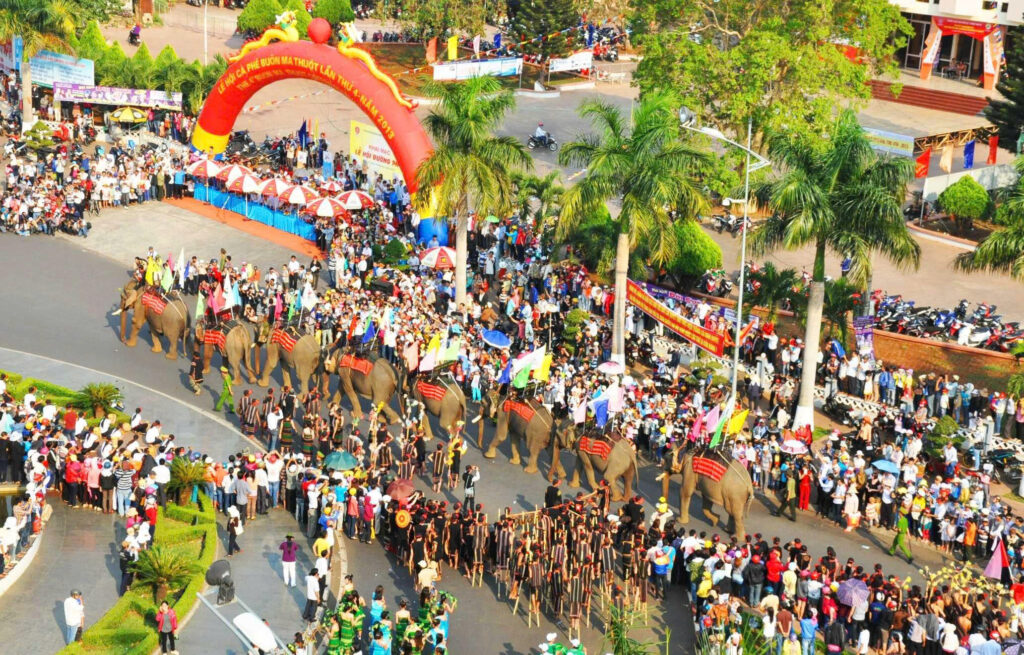
- Ethical Elephant Sanctuaries: Prioritize visiting sanctuaries that focus solely on the welfare and rehabilitation of elephants, such as those in Yok Don National Park, ensuring no riding or forced interactions.
- Coffee Plantation Tours with Sustainable Practices: Learn about the coffee production process from bean to cup on plantations committed to ethical labor and environmental practices.
- Exploring Dray Nur and Dray Sap Waterfalls with Eco-Guidelines: Enjoy the beauty of these impressive waterfalls while following strict “leave no trace” principles.
Pleiku: Volcanic Landscapes and Serene Lakes Gia Lai Province, with its capital Pleiku, offers unique volcanic landscapes and peaceful lake environments.
- Discovering Bien Ho (T’Nung Lake) with Respect: Often called the “Sea Lake,” it’s a serene volcanic crater lake. Engage with local communities living around the lake, respecting their traditional fishing methods and way of life.
- Exploring Chu Dang Ya Volcano for Geological Insights: Visit this dormant volcano, especially beautiful during wild sunflower season, understanding its geological significance and impact on local agriculture.
RELATED: Romantic Resorts in Da Lat: Couple’s Getaway Guide
What to Expect from a Responsible Eco Tour
A sustainable eco tour is more than just sightseeing; it’s an immersive learning experience.
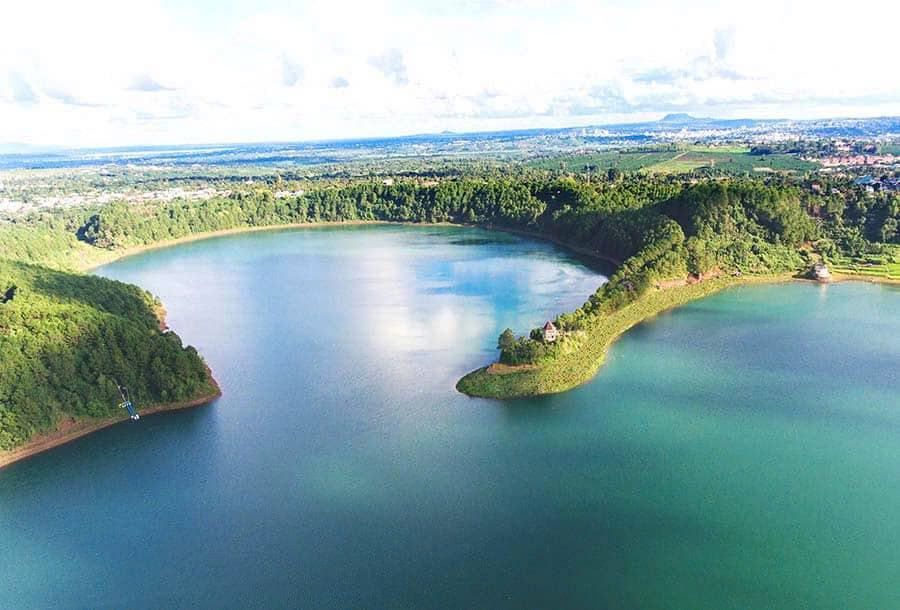
Tour Activities and Inclusions
- Trekking and Hiking Routes: Expect well-planned routes through forests, along rivers, or up mountains, often guided by local experts who share insights into flora, fauna, and local lore. Ensure your tour operator provides clear information on difficulty levels and necessary preparations.
- Cultural Interactions and Village Visits: These are often highlights, including cooking classes with local families, participating in traditional ceremonies (if invited respectfully), or learning about traditional farming methods.
- Wildlife Spotting and Nature Walks: Guided tours focused on observing animals in their natural habitat, with strict guidelines to minimize disturbance.
- Local Cuisine and Authentic Dining Experiences: Savor traditional dishes prepared with locally sourced ingredients, often shared with host families.
Accommodation Options
- Eco-Lodges and Guesthouses: Many tours utilize lodges built with sustainable materials, minimizing environmental impact, and often run by local families.
- Authentic Homestays with Local Families: A cherished experience, offering a direct glimpse into daily life, fostering cultural exchange, and directly benefiting the host family.
Ethical Guidelines for Travelers Your role as a responsible traveler is crucial.
- Respecting Local Customs and Traditions: Dress modestly when visiting villages or temples, ask permission before taking photos, and be open to learning.
- Minimizing Environmental Footprint: Practice “Leave No Trace” principles. Carry out all your rubbish, avoid single-use plastics, conserve water and energy, and stick to marked trails.
- Supporting Local Businesses and Artisans: Purchase handicrafts directly from local producers, ensuring fair prices and supporting traditional skills.
How to Choose Your Sustainable Eco Tour Provider
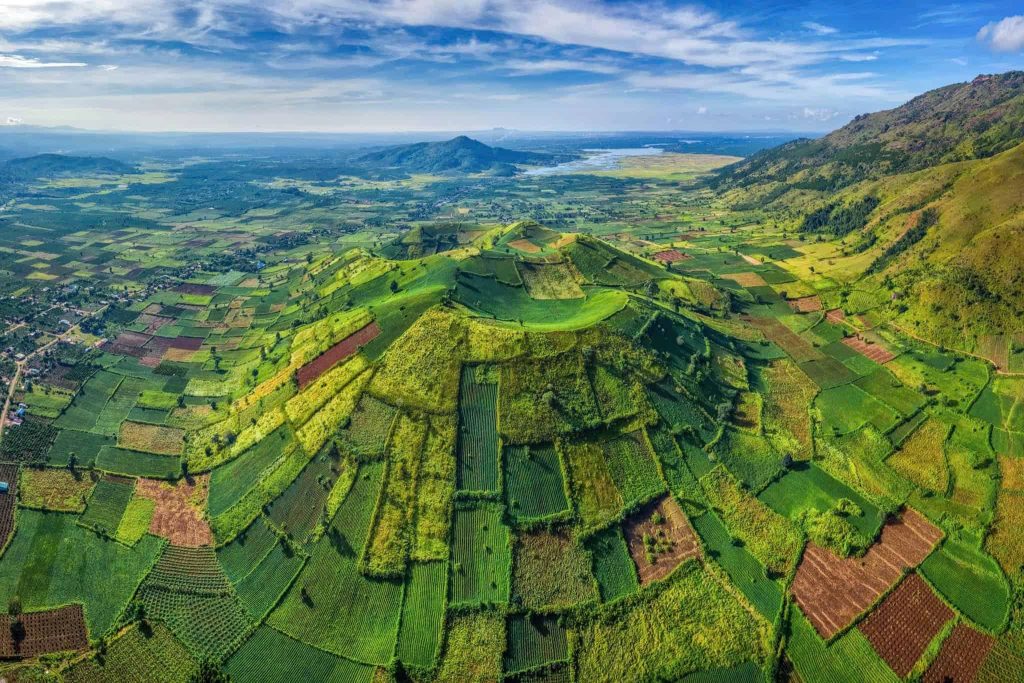
Selecting the right operator is key to a truly sustainable experience. Look for companies with demonstrable commitment to ethical practices.
Look for Certifications and Accreditations
- Recognizable Eco-Labels: While formal eco-certifications for individual tours can vary, look for operators affiliated with national or international responsible tourism associations.
- Partnership with Local Conservation Initiatives: A strong indicator of genuine commitment is an operator’s active involvement with local environmental or community development projects.
Check Tour Operator’s Philosophy and Practices
- Transparency in Community Benefits: Reputable operators will be transparent about how their tours benefit local communities, whether through direct payments, community projects, or employment.
- Environmental Policies: Inquire about their waste management, energy consumption, water usage, and general “green” policies.
- Animal Welfare Policies: If tours involve animals (e.g., elephants), ensure their policy strictly adheres to ethical standards that prioritize animal well-being above entertainment.
Read Reviews and Testimonials
- Focus on Feedback Regarding Sustainability and Local Impact: Pay close attention to reviews that specifically mention the operator’s commitment to responsible tourism, how they interact with local communities, and their environmental practices. Platforms like TripAdvisor or independent travel blogs can be valuable resources.
Planning Your Central Highlands Eco Adventure
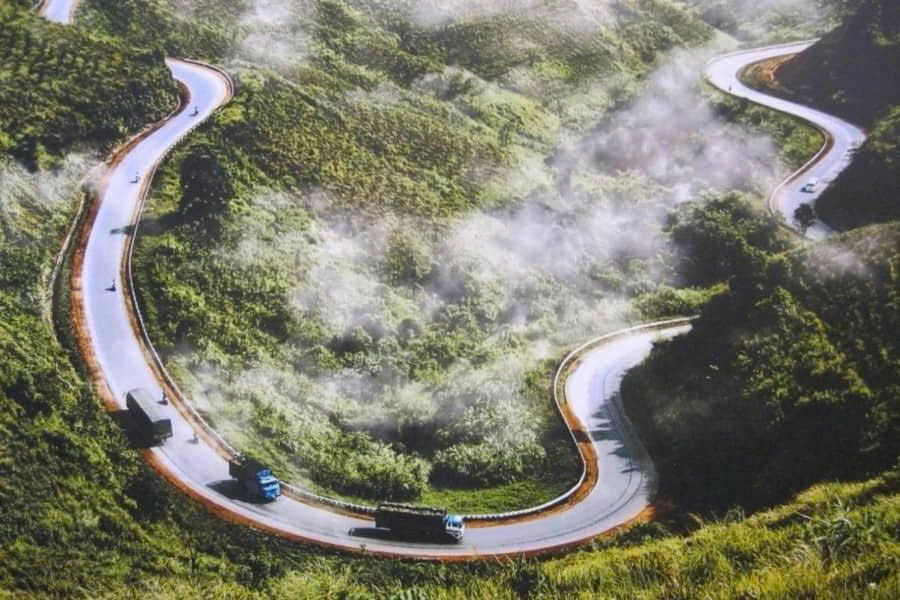
- Best Time to Visit Central Highlands for Eco-Tourism The dry season (roughly November to April) is generally ideal for trekking and outdoor activities, with pleasant temperatures and less rain. However, the rainy season can offer lush landscapes and dramatic waterfalls for those who don’t mind occasional showers.
- What to Pack for an Eco Tour Pack light, quick-drying clothing, comfortable hiking shoes, a reusable water bottle, biodegradable toiletries, insect repellent, a hat, and sunscreen. Consider bringing a small gift for homestay hosts (e.g., school supplies for children, though always check with your tour guide first).
- Visa and Travel Essentials for Vietnam Ensure your passport is valid and secure your Vietnam visa in advance if required by your nationality. Familiarize yourself with local currency (Vietnamese Dong – VND) and basic phrases.
- Health and Safety Considerations Consult your doctor about necessary vaccinations. Be aware of local conditions, stay hydrated, and always follow your guide’s instructions, especially in remote areas.
RELATED: Best Things to Do in Dalat: Your Ultimate Travel Itinerary
Embarking on a sustainable eco tour in Vietnam’s Central Highlands offers a profound opportunity to connect with nature, appreciate diverse cultures, and contribute positively to the region’s future. It’s more than just a vacation; it’s an investment in a better world, one responsible step at a time.


